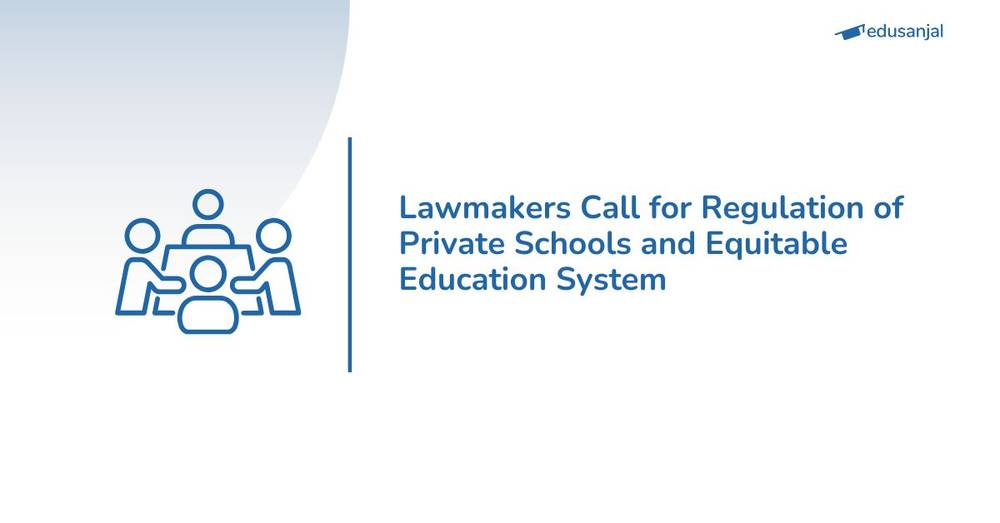Lawmakers have stressed the need for an equitable, service-oriented, and socially just education system in Nepal. During a discussion on the subcommittee report of the School Education Bill at the Education, Health, and Information Technology Committee of the Federal Parliament, members of parliament called for reforms in the education sector, highlighting the role and regulation of private schools.
MP Chhabilal Bishwakarma acknowledged the contributions of private schools but emphasized the need for effective regulation, particularly concerning school fees and textbooks.
MP Rekha Sharma stressed the importance of implementing the constitutional right to education, stating, “Private schools are not a permanent solution. The government must step up and introduce binding regulations.”
MP Bidya Bhattarai underscored the need to enforce the constitutional provision of free and compulsory education and to reflect this in the legal framework.
MP Sumana Shrestha advocated for education as a non-profit, service-based sector, noting that education should not be treated as a commercial venture but as a public welfare service.
MP Devendra Paudel highlighted the potential to strengthen public schools, emphasizing the need for adequate infrastructure, human resources, and legal alignment.
Similarly, MP Shyam Kumar Ghimire opposed a complete ban on private schools but stressed the need for effective regulation and transparent scholarship mechanisms.
MP Gyanu Basnet Subedi said the government should take bold steps for education reform and consider transforming private schools into educational trusts within a defined timeline.
MP Dr. Chandrakant Bhandari criticized irregularities in private schools, alleging the influence of money and calling for stricter regulation.
Overall, lawmakers concluded that education must not be profit-driven. They emphasized the need for a robust policy to ensure equal access to quality education for all and to steer private education toward serving the public interest.













